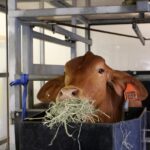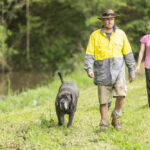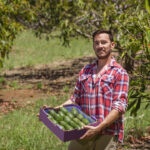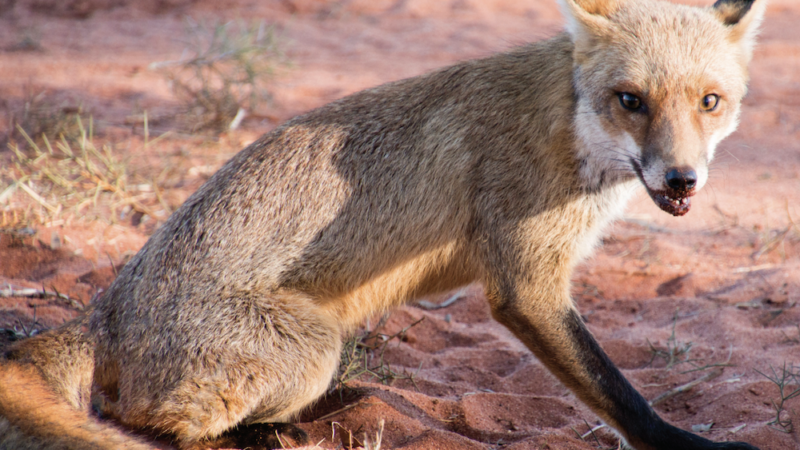The CSIRO has formed a new company to bring a methane-busting seaweed livestock feed to…
More airtime needed to sign Methane Pledge
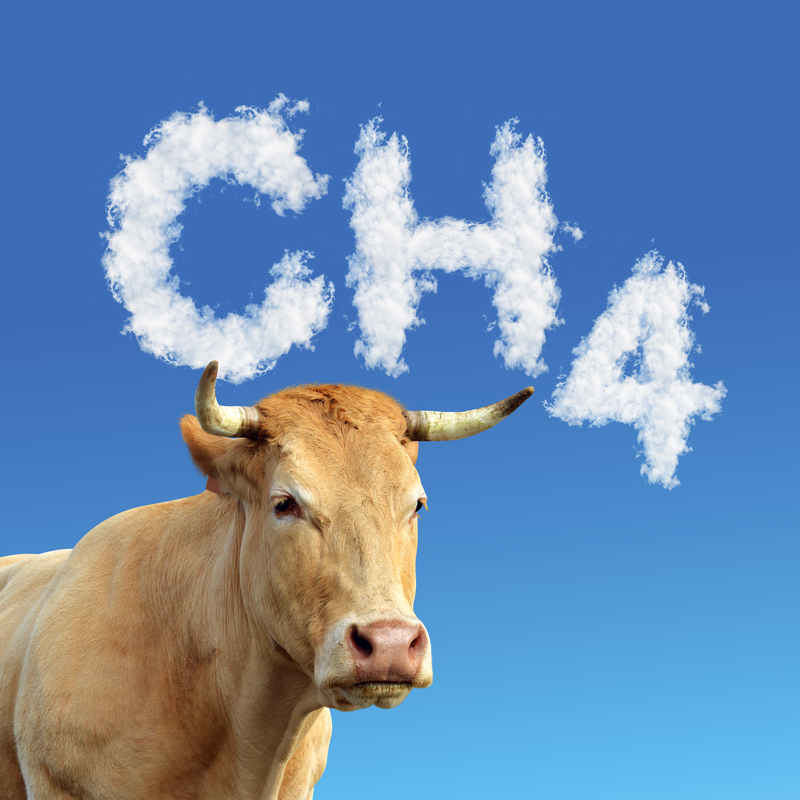
NSW Farmers CEO Pete Arkle said while the federal government had been quick to promise no tax on farmers if it signed up to the Methane Pledge, the experience of New Zealand’s farmers proved details were needed up front.
According to the Federated Farmers of New Zealand, “lies, damned lies and statistics” have driven a Methane Pledge plan to reduce on-farm greenhouse gas emissions by reducing the countries sheep and dairy herds.
“Farmers produce the food we eat and fibre to make the clothes we wear, yet we are constantly being painted as the ‘bad guy’ on climate change,” Mr Arkle said.
“Our sector is highly exposed to any change in climate – you only need to look at the weather we’ve seen this year – and we are prepared to do our part, but at the moment there’s not much we can do on methane reduction.
We need investment in research and development and better innovation to drive further emissions reductions.”
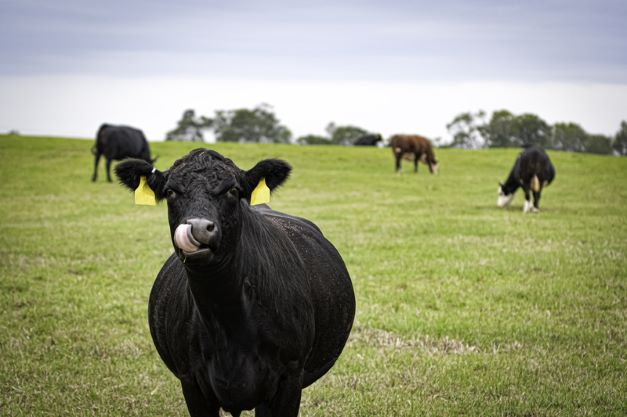
While there were promising trials and pieces of research being conducted to help reduce how much methane livestock produced, Mr Arkle said Australia was a long way from having a commercially available ‘low methane’ option for stock feed.
He pointed out the agricultural sector had already reduced emissions by more than 30 per cent and was also removing carbon from the atmosphere by converting it into plants – something the heavy polluters were not doing.
“Rather than sign us up to a pledge without any details, we need environment and farming working together to achieve these goals,” Mr Arkle said.
“If, however, we are simply expected to cut production then farmers will remain deeply opposed to this sort of policy that pits feeding the planet against saving the planet.”
What is the Global Methane Pledge?
The Global Methane Pledge (GMP) was launched at COP26 in November last year to reduce anthropogenic methane emissions at least 30 percent by 2030 from 2020 levels.
Participants joining the GMP agree to take voluntary actions to contribute to a collective effort to meet this target.
More than 120 countries have now endorsed the Pledge, representing half of global methane emissions and nearly three-quarters of the global economy.
According to the pledge, reaching the target could shave 0.2C from global warming by 2050. The Australian government has said it’s considering signing it and is consulting with industry.
National Farmers Federation CEO Tony Maher said they are actively engaged in discussions with the Australian Government about its approach to the Methane Pledge.
He said some in the farming community are understandably alarmed by the methane policy announced in New Zealand last week.

“We’ve sought several assurances to guarantee that any decision to sign the pledge would not negatively impact farmers,” Mr Maher said.
“These include no new taxes or regulation on livestock methane, recognition of agriculture’s existing plans and progress, and ongoing support to develop technology-led solutions.
“We’ve been given these assurances and it’s important they be upheld if and when a formal commitment is made, otherwise the trust with the farming sector and rural and regional Australia will be broken.”
Mr Maher said farmers are already leading the way on climate action, with ambitious targets and massive investment in new technologies and practices.
“Australia’s farm sector has already reduced its emissions by 53 per cent on 2005 levels. And our red meat sector – the largest emitter of methane – is planning to be carbon neutral by 2030.
The United States, the European Union, and 11 countries launched the Global Methane Pledge Energy Pathway in June this year to reduce methane emissions reductions in the oil and gas sector.
The oil and gas sector contributes roughly one-quarter of all anthropogenic methane emissions due to flaring, venting, and leaking of methane.
Methane pledge hurts NZ farming communities
The greenhouse gas reduction plan released by the New Zealand government last week will “rip the guts out of small-town New Zealand”, according to the Federated Farmers of New Zealand.
The country’s peak farming body says the He Waka Eke Noa plan aims to reduce sheep and beef farming in New Zealand by 20 per cent and dairy farming by 5 per cent to achieve a national Greenhouse Gas target.
Federated Farmers National president and climate change spokesperson Andrew Hoggard said this is the equivalent of the entire wine industry and half of seafood being wiped out.
Mr Hoggard said the government’s rehashed plan to reduce on-farm greenhouse gas emissions throws out the two and a half years of work the industry did to come up with a solution.
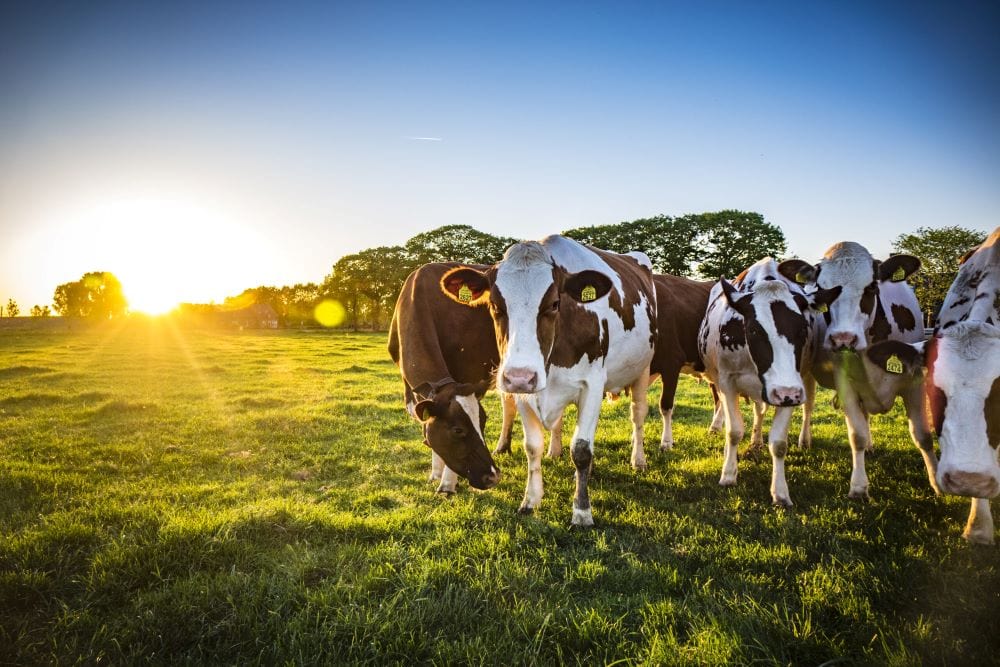
“Federated Farmers is deeply unimpressed with the government’s take on the He Waka Eke Noa proposal and is concerned for our members’ futures,” Mr Hoggard said.
“We didn’t sign up for this. It’s gut-wrenching to think we now have this proposal from government which rips the heart out of the work we did, and out of the families who farm this land.
“Our plan was to keep farmers farming. Now they’ll be selling up so fast you won’t even hear the dogs barking on the back of the ute as they drive off. Some overseas buyer can plant trees and take the carbon cash.”
He said the scariest impact from the government’s rehash of the He Waka Eke Noa proposal was that its own modelling showed the impact on sheep and beef farming would be as high as 20 per cent.
“The government’s plan means the small towns such as Wairoa, Pahiatua, Taumarunui – pretty much the whole of the East Coast and central North Island and a good chunk of the top of the South – will be surrounded by pine trees quicker than you can say ‘ETS application’.”
Want to read more on research into reduce livestock methane emissions using seaweed? Click here to learn more.


